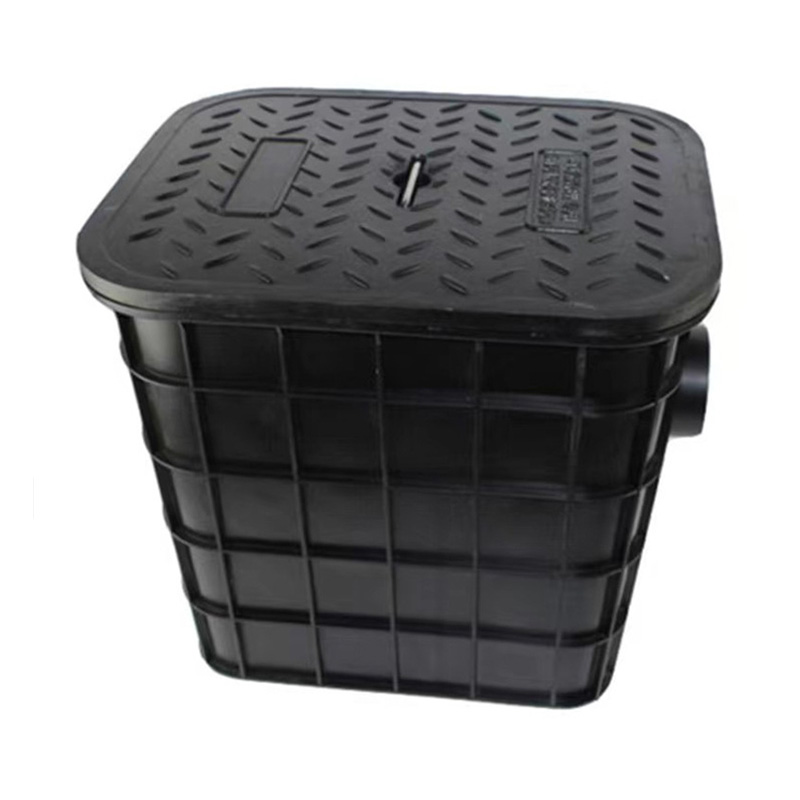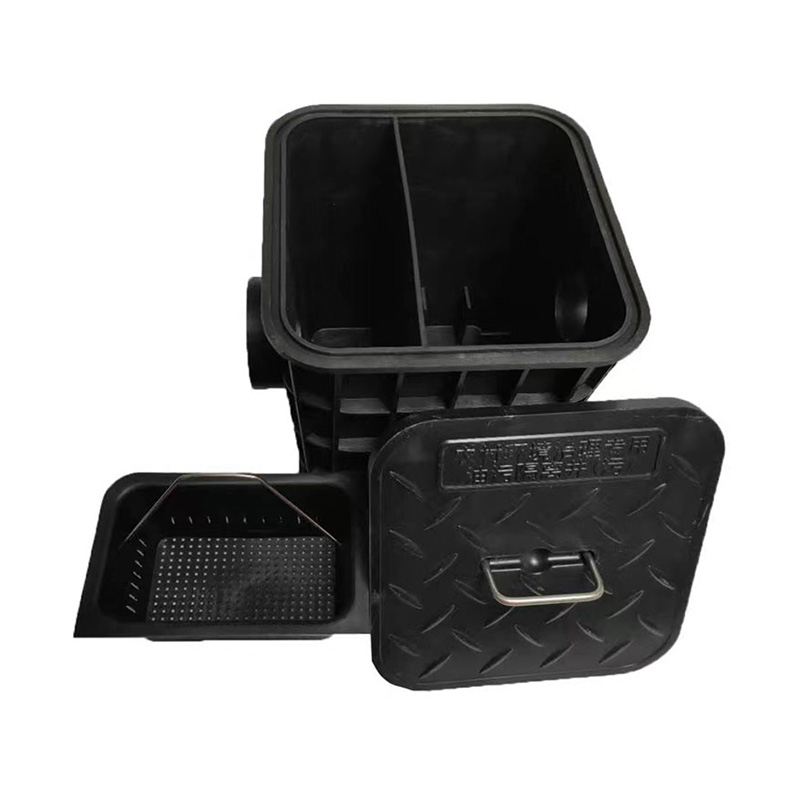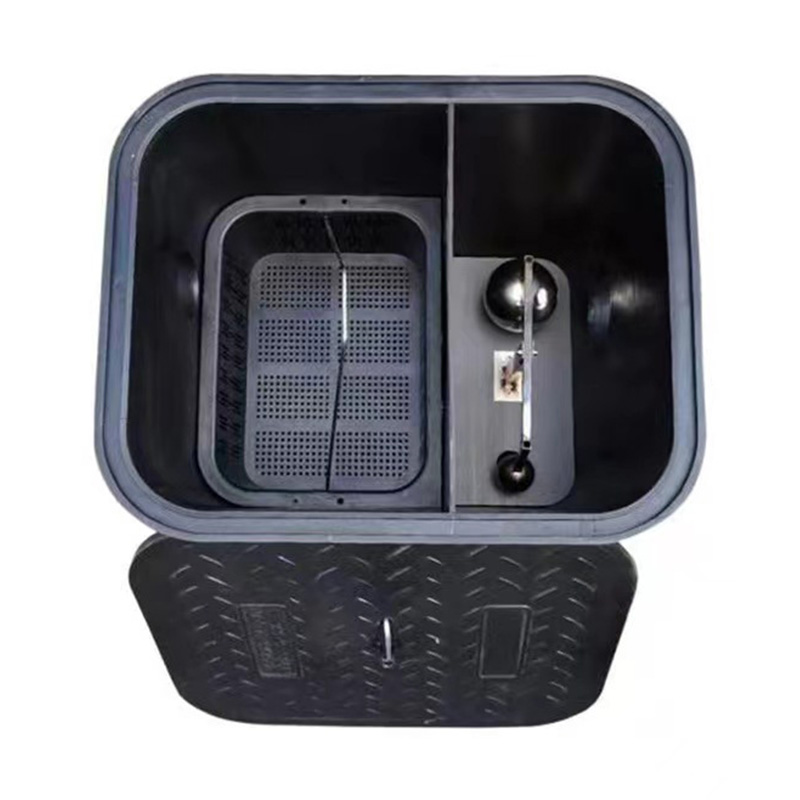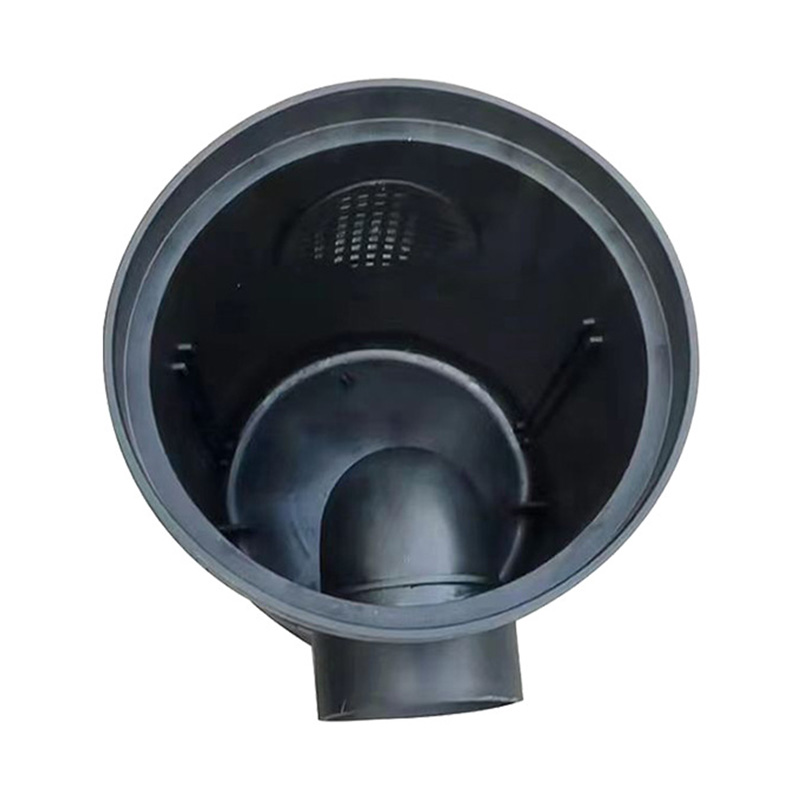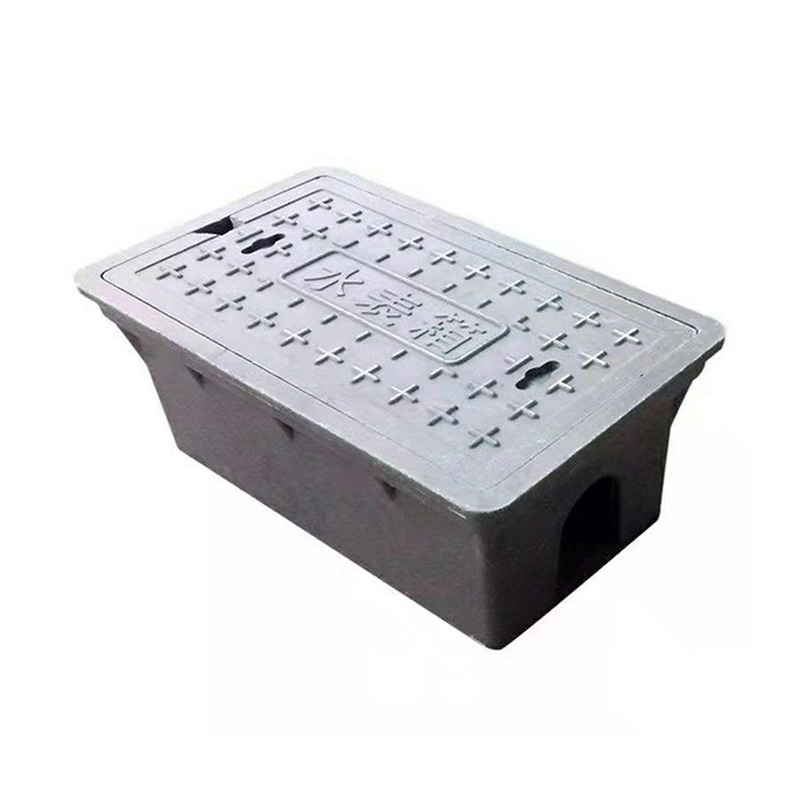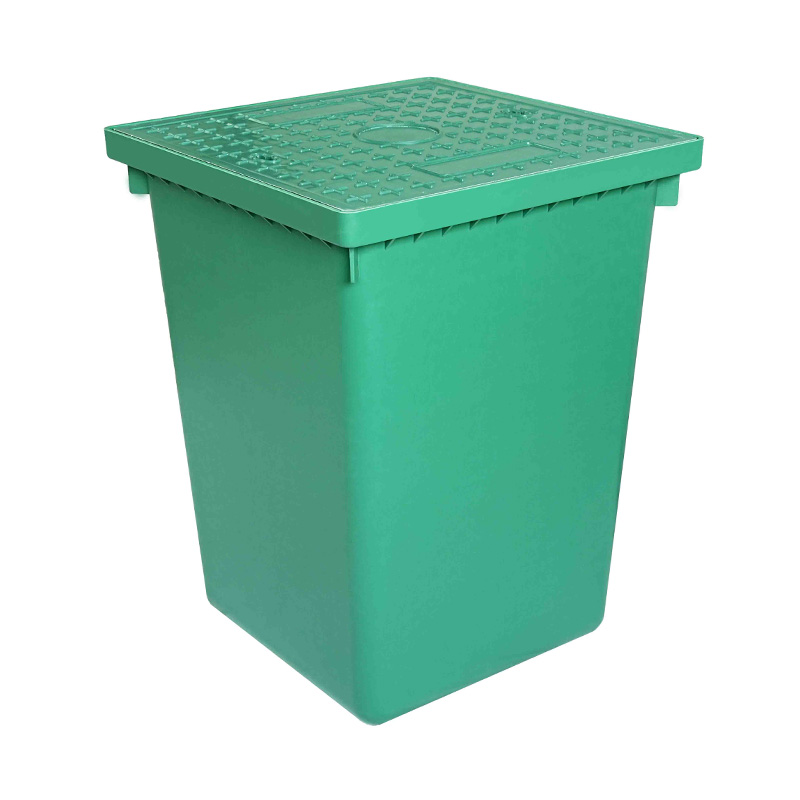Sink drain covers, linear drain cover plates, and linear trench drains are essential components in both residential and commercial plumbing systems. They play a crucial role in preventing debris from entering the drainage system while also contributing to the aesthetic appeal of the space. However, like any other component, they are not without their issues.
One of the common issues with sink drain covers and linear drain cover plates is blockages. Over time, hair, soap scum, food particles, and other debris can accumulate around the drain cover, professional to slow drainage or complete blockages. This issue is particularly prevalent in kitchens and bathrooms where organic matter is frequently washed down the drain.
Regular cleaning of the sink drain cover can prevent the buildup of debris. Remove the cover periodically and clean it with a brush and warm, soapy water.
Use a sink strainer in addition to the drain cover to catch larger particles before they reach the drain.
Avoid pouring grease or oil down the sink as they can solidify and cause blockages.
Corrosion and Wear
Sink drain covers, especially those made from metal, can suffer from corrosion over time. This is due to constant exposure to water and other corrosive substances. Corrosion not only affects the appearance of the drain cover but can also weaken its structure, making it less effective.
Opt for sink drain covers made from corrosion-resistant materials such as stainless steel or high-quality plastic.
Regularly inspect the drain cover for signs of rust or wear and replace it if necessary.
Ensure that cleaning products used do not contain harsh chemicals that can accelerate corrosion.
Improper Fit
A common issue with both sink drain covers and linear drain cover plates is improper fitting. An ill-fitting drain cover can cause water leakage and ineffective drainage, as well as posing a tripping hazard if it protrudes above the floor level.
Measure the drain opening accurately before purchasing a new sink drain cover or linear drain cover plate.
Choose covers and plates that are designed to fit standard drain sizes or are adjustable.
Ensure professional installation to guarantee a proper fit and secure placement.
Aesthetic Degradation
Over time, sink drain covers and linear drain cover plates can lose their aesthetic appeal due to stains, scratches, or discoloration. This can detract from the overall look of the kitchen or bathroom.
Clean the drain cover regularly to prevent the buildup of stains and grime.
Use non-abrasive cleaning tools and products to avoid scratching the surface of the cover.
Consider purchasing covers with a protective coating that resists staining and scratching.
Odor Issues
Poorly maintained sink drain covers and linear trench drains can be a source of unpleasant odors. This is often due to trapped food particles or organic matter decomposing around the drain.
Clean the drain and cover regularly to remove trapped debris.
Use baking soda and vinegar or a commercial drain cleaner periodically to keep the drain smelling fresh.
Ensure that the drain is properly vented to allow gases to escape and prevent odor buildup.
Drainage Inefficiency
In some cases, linear drain cover plates and linear trench drains may be improperly installed, professional to inefficient drainage. This can result in water pooling around the drain area, causing potential water damage and slip hazards.
Ensure that the linear trench drain and cover plate are installed at the correct slope to facilitate proper water flow.
Regularly check and clear any debris from the trench drain to maintain efficient drainage.
Hire a professional plumber for installation to ensure that the system is correctly set up.
Material Degradation
Materials used in sink drain covers, linear drain cover plates, and linear trench drains can degrade over time due to various environmental factors, such as UV exposure, chemicals, or temperatures.
Prevention:
Choose high-quality, durable materials that are designed to withstand environmental factors.
Regularly inspect and maintain the drain covers to identify and address any early signs of material degradation.
Avoid exposing plastic drain covers to direct sunlight for prolonged periods to prevent UV damage.
Compatibility Issues
Another common issue is compatibility between the sink drain cover, linear drain cover plate, and the existing plumbing system. Incompatible components can cause leaks, inefficient drainage, and potential damage to the plumbing system.

 English
English русский
русский Español
Español عربى
عربى